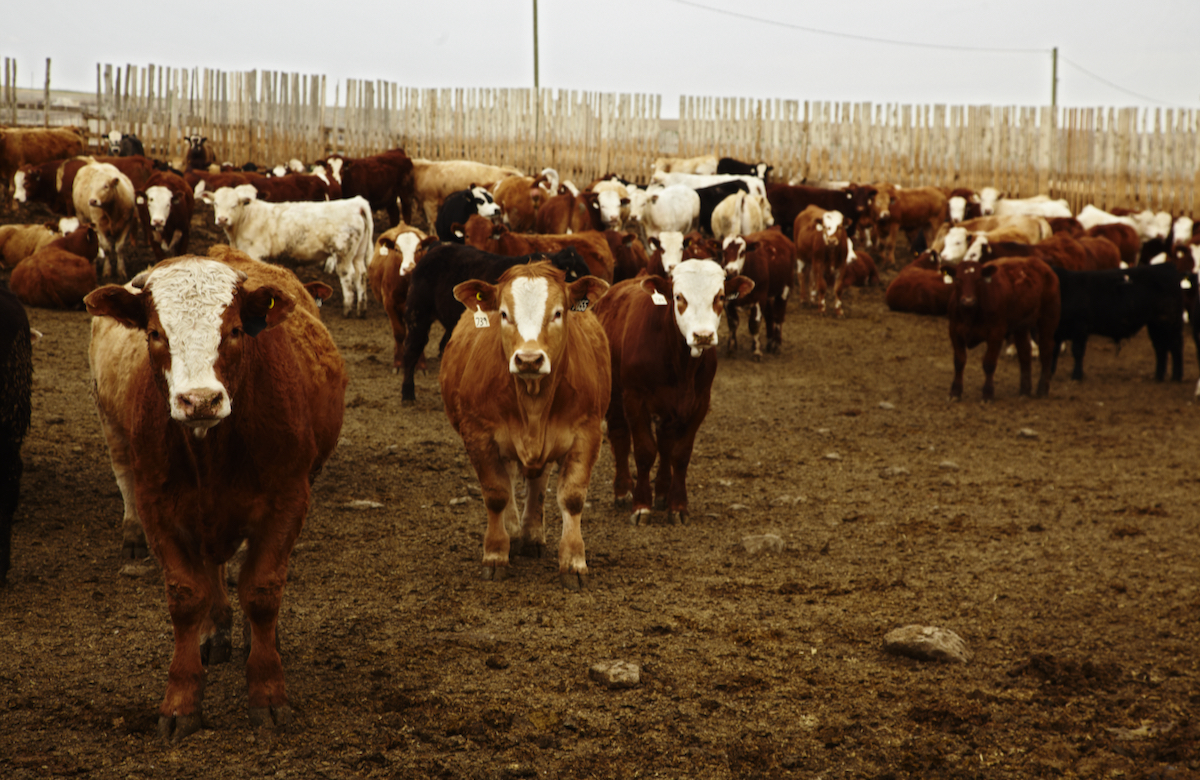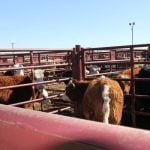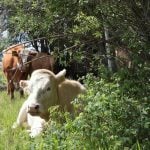The federal Western Economic Diversification agency has pledged over $2.7 million for the Western College of Veterinary Medicine to complete its large animal clinic renovation and diagnostics laboratory expansion.
“Investments such as these will lead to new diagnostic tests that will protect Canada’s livestock industry and the health and safety of Canadians, their families, and communities,” Saskatchewan MP Lynne Yelich, the minister of state for WED, said in a release Wednesday.
The WCVM, based at the University of Saskatchewan in Saskatoon, is now completing a two-storey diagnostics addition and basement, expected to add about 3,000 square metres of space to the college’s existing diagnostic facilities.
Read Also

U.S. livestock: Cattle at fresh highs, hogs weaken
Cattle futures on the Chicago Mercantile Exchange climbed to fresh highs on Tuesday, as tight supplies and the ongoing closure…
The diagnostics lab serves the livestock industry in Saskatchewan and frequently provides services for the other western provinces, the government noted, adding that one of the recent cases of avian influenza in Canada was diagnosed in the WCVM lab.
The biosecure centre is expected to be a major western Canadian hub for veterinary diagnostics services, animal health research and specialized training in diagnostic pathology, virology, bacteriology, immunology and various biomedical sciences.
Construction crews are also completing renovations in the large animal clinical area of the WCVM’s veterinary teaching hospital, the government noted.
New infrastructure and equipment at the college’s Large Animal Clinic are to provide “enhanced use of modern technologies and the development of techniques in the areas of diagnostic imaging, treatment protocol planning and surgical intervention.”
“The expansion of the college’s diagnostics area and the renovation of our large animal clinical services will provide our staff and students with specialized, biosecure facilities where they’ll have access to a full range of new technologies,” WCVM dean Dr. Charles Rhodes said in the WED release.
The agency’s support, he said, will help “build an environment where innovations in diagnostic and clinical techniques can be developed, tested and practically applied — all at one centre. Ultimately, many of these new practices will have a positive impact on the health, productivity and the economic value of livestock herds across Western Canada.”
“By having a vibrant veterinary college on campus, the U of S is more competitive in attracting and retaining talented researchers who will strengthen vital links between animal health, human health and ecosystem health,” U of S president Peter MacKinnon said in the same release.















